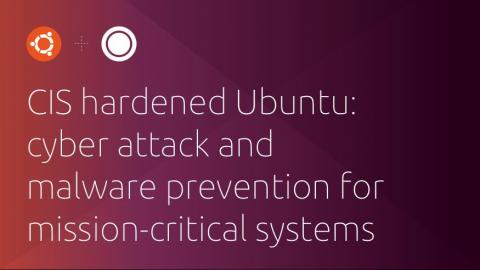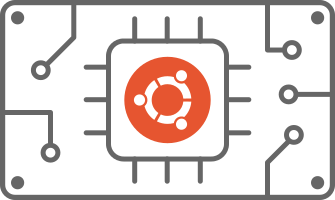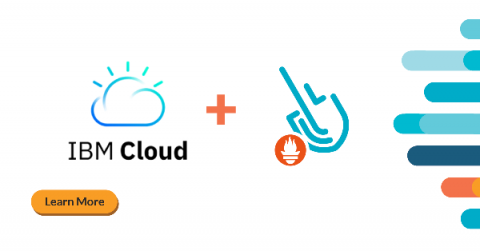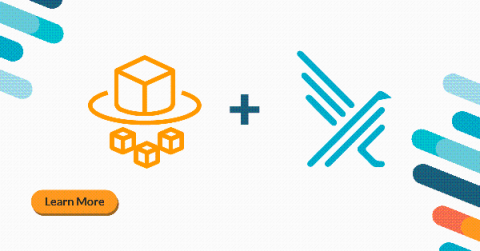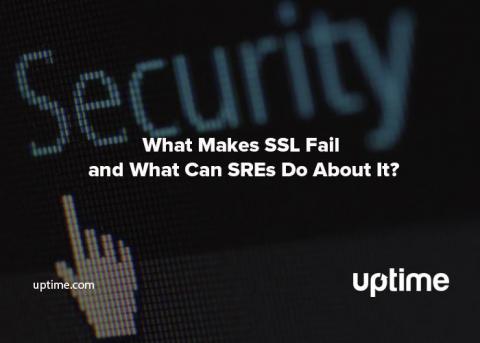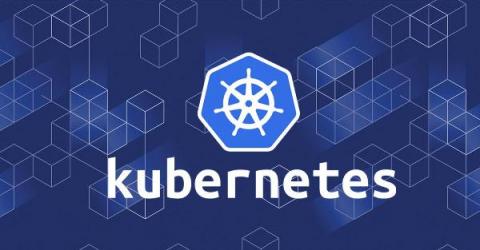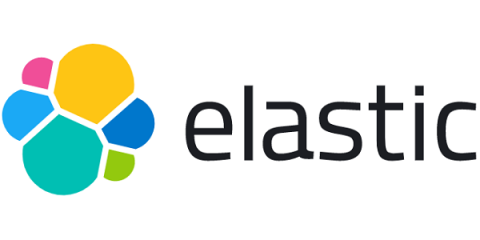CIS hardened Ubuntu: cyber attack and malware prevention for mission-critical systems
The Center for Internet Security (CIS) is a nonprofit organisation that uses a community-driven process to release benchmarks to safeguard enterprises against cyber attacks. It is one of the most recognised industry standards that provides comprehensive configuration checklists to identify and remediate security vulnerabilities in a computing environment.


